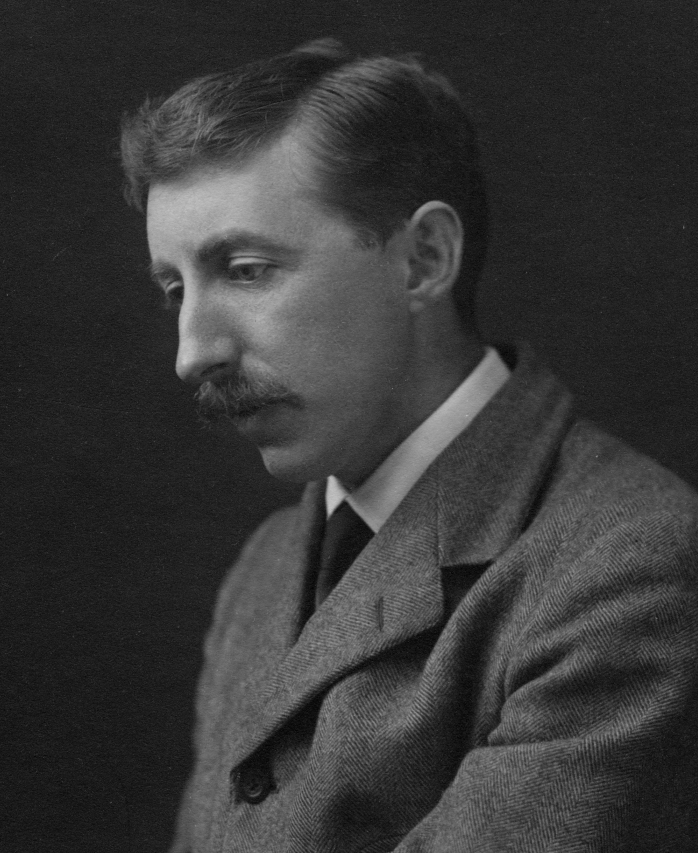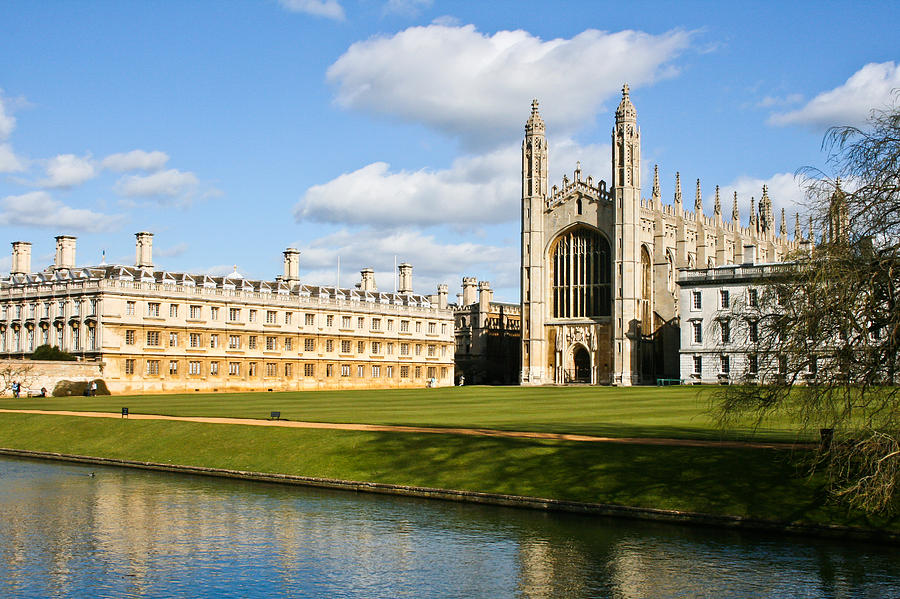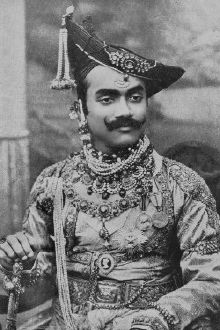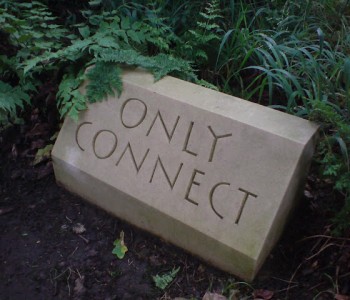"A Room with a View" Reader's Guide
Page 1EDWARD MORGAN (E. M.) FORSTER
(1 January 1879 – 7 June 1970)
Edward Morgan Forster, better known to readers by his initials E.M., was an English writer best known for his novels dealing with hypocrisy and class distinctions in British society. He was born in London, the only child in an Anglo-Irish-Welsh family. His architect father, Edward Morgan Llewellyn Forster, died of tuberculosis on October 30, 1880, before the boy reached the age of two, leaving him to be raised by his mother and his paternal aunts. The difference between the two branches of the family clearly fed into his novels. His maternal influence was flighty, open minded, and generous. His paternal family was dedicated to high morality and respectability. In 1887, his great aunt Marianne Thornton died leaving him sufficient funds for education, travel, and ultimately to become a writer.
After attending King’s College, Cambridge, he traveled throughout Europe with his mother and later visited India. By the time these travels were completed, he had written all but one of his novels. During World War I, he volunteered for the International Red Cross and spent the war in Alexandria, Egypt. Forster again spent time in India during the 1920’s as secretary to the Maharajah of Dewas, Tukojirao III. His last novel, A Passage to India was published in 1924.
Forster’s novels are noted for their symbolism and their acute observations of middle class life. He also felt a strong reliance on the earth and encouraged greater contact with nature and a more grounded lifestyle. He repeatedly brings up the idea that propriety and class make human connection difficult. These themes can easily be seen in his two most acclaimed novels, Howard’s End and A Passage to India. A Room with a View is decidedly his most popular work, largely due to its highly optimistic tone.
After writing his novels, Forster went on to have a successful career as a broadcaster for BBC Radio giving weekly book reviews and sharing short stories.
He was widely noted as an advocate for humanism through the Union of Ethical Societies. In 1959, Forster became president of the Cambridge Humanists, a position he held till his death, and in 1963 joined the Advisory Council for the British Humanist Association. He continually emphasized kindness and understated morality. “The humanist has four leading characteristics – curiosity, a free mind, belief in good taste, and belief in the human race.”
He lived with his mother until her death in 1945 after which he lived at King’s College.
He declined a knighthood in 1949, though he did accept the lower ranking Order of Merit twenty years later.
Forster died of a stroke in 1970 at the age of 91. His grave is marked with a small flower garden and a stone quoting from Howard’s End, “Only Connect.”
Favorite Forster Quotes:
We must be willing to let go of the life we have planned, so as to have the life that is waiting for us.
We are willing enough to praise freedom when she is safely tucked away in the past and cannot be a nuisance. In the present, amidst dangers whose outcome we cannot foresee, we get nervous about her, and admit censorship.
The people I respect most behave as if they were immortal and as if society was eternal.
Death destroys a man, but the idea of death saves him.
Be soft, even if you stand to get squashed.
At the side of the everlasting why, is a yes, and a yes, and a yes.
Either life entails courage, or it ceases to be life.
I’m a holy man minus the holiness.
It is the vice of a vulgar mind to be thrilled by bigness.
Those who prepared for all the emergencies of life beforehand may equip themselves at the expense of joy.
We cast a shadow on something wherever we stand.




